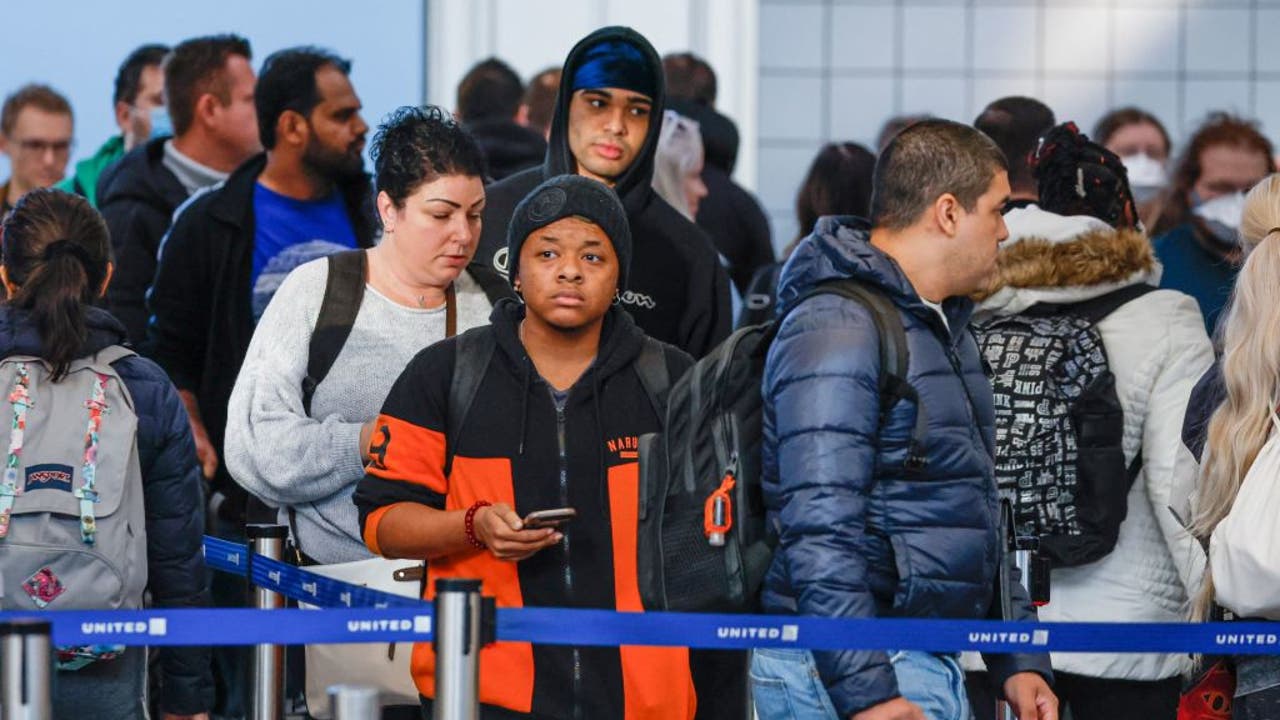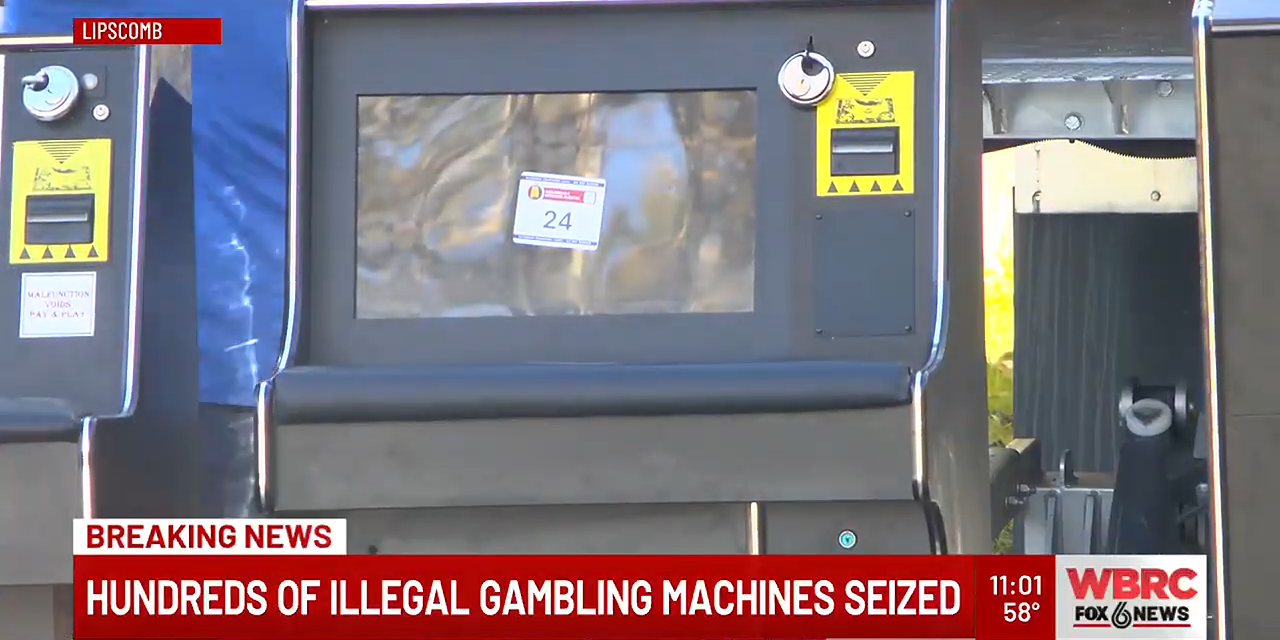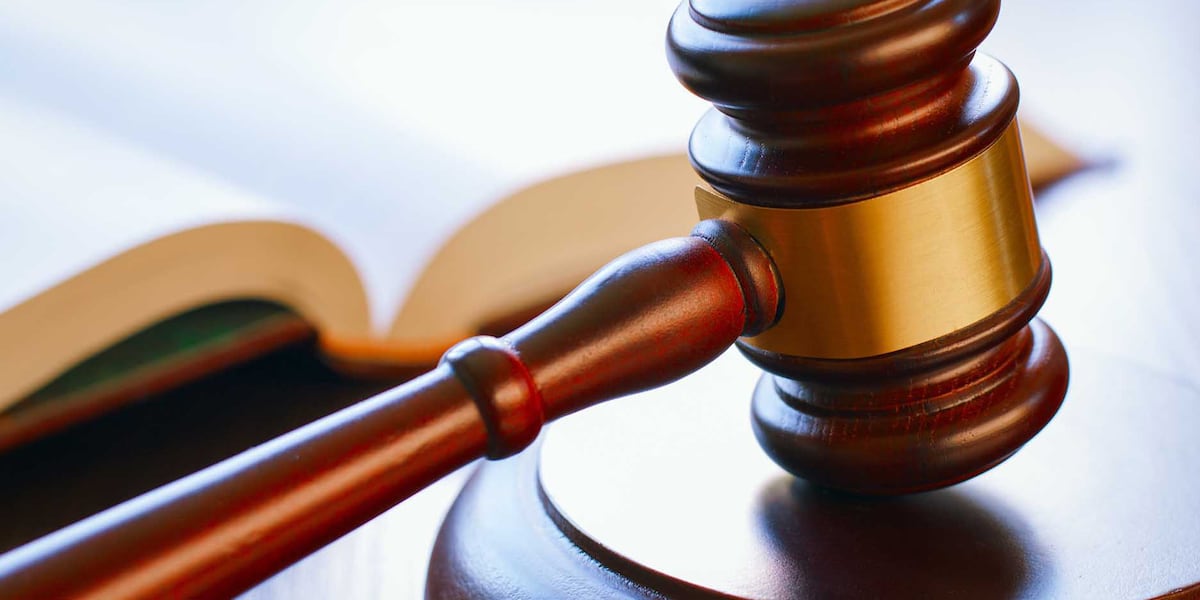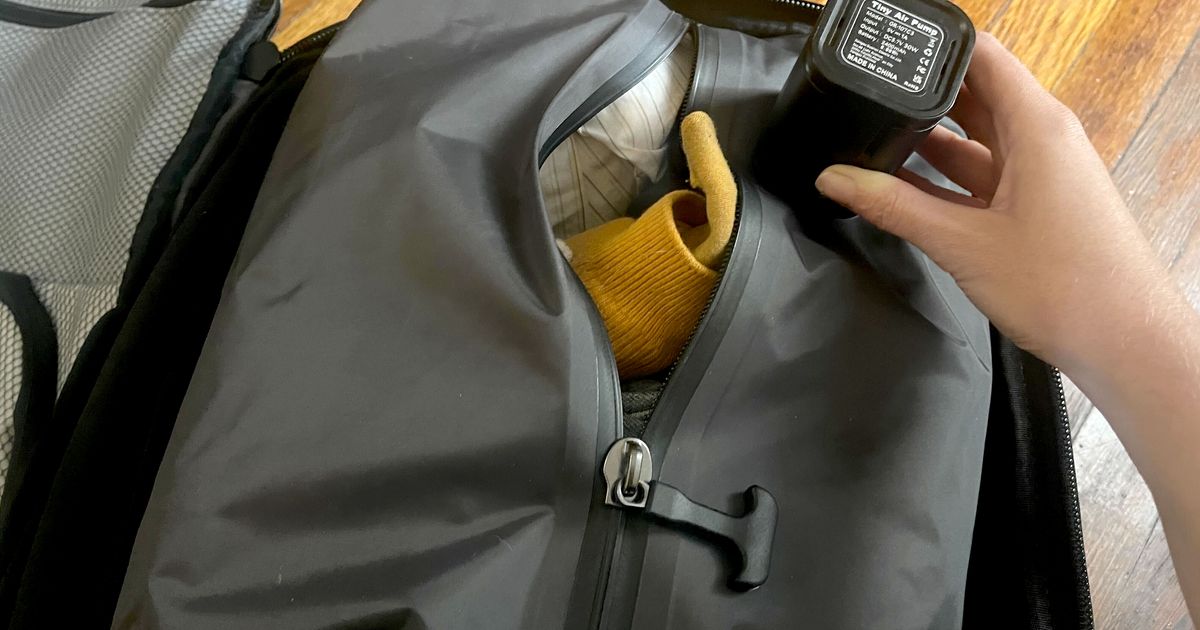Bussiness
Wedding barn owners sue to invalidate law they say threatens their business • Wisconsin Examiner

Owners of wedding barns in Wisconsin filed a lawsuit Tuesday to invalidate part of a new law they say could put them out of business.
The lawsuit, brought by wedding barn owners in Green Lake and Trempealeau counties with the aid of a conservative legal group, challenges language in the law signed last year by Gov. Tony Evers that changes when the wedding venues are required to obtain a liquor license.
When the sweeping law was introduced last year, it was touted as a major compromise between lawmakers and various parts of the alcohol industry. The wedding barn provision is a small piece of the law, which also changed how different alcohol businesses are classed, the hours businesses such as wineries are allowed to be open and allows breweries to serve liquor. The law, which will go into effect Jan. 1, 2026, was advertised as a much-needed update to the state’s liquor laws, which had gone unchanged for 90 years.
However the wedding barn provision required these businesses, and any other “public place” that serves alcohol, to obtain a “no sale event venue permit” that allows the owner to rent or lease the property and allow beer and wine to be served at no more than six events per year and no more than once per month. The section exempts tailgating outside of sporting events and the consumption of alcohol at public parks and campgrounds.
Under the law, venues that hold more than five events per year and bring in more than $20,000 in revenue from renting the property would qualify for a “class B” license, which allows them to serve beer, wine and liquor at as many events as they want all year. In municipalities that have already reached their limit on providing these types of liquor licenses, the state would automatically grant the license.
Lawmakers said the purpose of the law is to bring this kind of business under the state’s regulatory umbrella and consider these venues public places. Previous interpretation of state law has seen “wedding barns” as private places and allowed them to serve alcohol largely unregulated for decades.
About half of these venues across the state do obtain liquor licenses and serve the alcohol themselves.
Yet venue owners argued that being limited to six events per year would kill their businesses. They also complained that in many cases they don’t serve the alcohol themselves, just allow guests to serve it on site. Given that they aren’t running a bar, they said they shouldn’t have to pay for the renovations and equipment required to construct a bar just to obtain a liquor license they don’t feel like they need.
Even though the law was authored by Republican legislative leaders and supported by the largely conservative Tavern League of Wisconsin, some conservative groups opposed the legislation, arguing it was the government taking an action that would wipe out an industry — which has largely helped rural parts of Wisconsin and farm owners stay afloat as other revenue streams have dried up.
The lawsuit, brought in Trempealeau County Circuit Court, argues the law makes it so a wedding barn cannot be profitable despite exemptions for tailgates and hotels. One of the wedding barns named in the lawsuit is also a hotel, so in order to comply with state law, wedding guests would need to leave the barn, have a drink in their room and then return to the party.
“This civil rights action seeks to vindicate the rights of small business owners around Wisconsin whose livelihoods are under attack by the State of Wisconsin,” the lawsuit states.
Proponents of the law say it will bring these venues under government regulation, but venue owners counter that they already operate with local permits and supervision.
“Act 73 defines a ‘public place’ as virtually any space available for rent — such as Plaintiffs’ private event venues,” the suit states. “Act 73, however, contains many exemptions, making the scheme illogical. For example, a tailgate party in the parking lot of Lambeau Field is not a ‘public place’ — but an invite-only private wedding party at a barn is. Although the changes are not in effect yet, the very threat of them has already caused potential renters to take their business elsewhere, injuring Plaintiffs.”
GET THE MORNING HEADLINES DELIVERED TO YOUR INBOX










